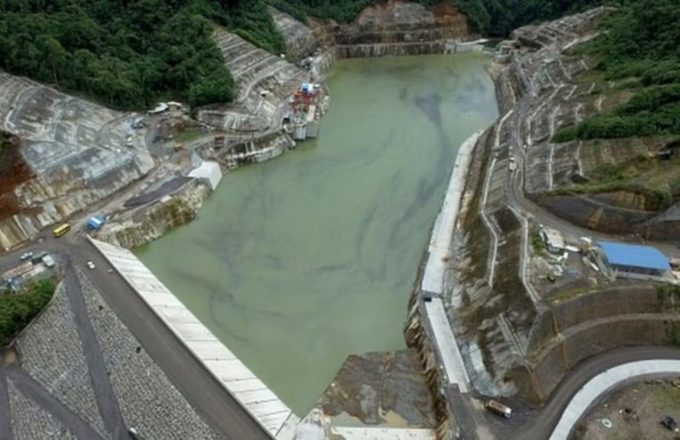Brazilian prosecutors filed a lawsuit on Tuesday against Chinese automaker BYD and two of its contractors, accusing them of subjecting workers to slave-like labor conditions and engaging in international human trafficking.
According to a statement from the Labor Prosecutor’s Office in the state of Bahia, the legal action seeks 257 million Brazilian reais (approximately 50 million U.S. dollars) in damages. The companies named in the suit include BYD, China JinJiang Construction Brasil, and Tecmonta Equipamentos Inteligentes.
The lawsuit stems from an investigation that led to the 2023 rescue of 220 Chinese workers employed in the construction of a new BYD plant in the city of Camaçari. Prosecutors say the workers were brought to Brazil under misleading circumstances and with visas that did not correspond to their actual job roles.
Authorities described the working conditions as “extremely degrading.” Five worker camps, reportedly controlled by BYD and its contractors, housed workers in substandard conditions: beds without mattresses, personal belongings stored with food, and an insufficient number of bathrooms with no gender separation. In one camp, 31 people shared a single toilet, forcing workers to wake up at 4 a.m. for personal hygiene before starting their shifts.
Prosecutors also stated that the workers’ passports were confiscated, they were constantly monitored by armed personnel, and were forced to endure exhausting workdays without weekly rest. Additionally, they were required to pay a “security deposit” and up to 70% of their wages were withheld if they terminated their contracts early.
BYD did not respond to Associated Press requests for comment. However, in December 2024, company spokesperson Li Yunfei strongly denied the allegations, claiming they were part of an effort to defame China and its brands. “We’ve witnessed how certain foreign forces maliciously collude to damage China’s image and undermine the friendship between China and Brazil,” he said at the time.
Despite the public defense, BYD stated in a press release that it is committed to human rights and complies with Brazilian and international labor protections, adding that it has been cooperating with authorities throughout the investigation.
Prosecutors are also seeking a court order compelling the companies to strictly adhere to labor regulations, proposing a fine of 50,000 reais for each violation, multiplied by the number of affected workers.
Under Brazilian law, conditions analogous to slavery are defined by forced labor, exhausting work hours, degrading living conditions, and restrictions on workers’ freedom of movement.
The case highlights a broader reality in many developing regions, where migrant construction workers often endure harsh conditions and exploitative contracts that saddle them with large debts, despite existing laws prohibiting such arrangements.




















